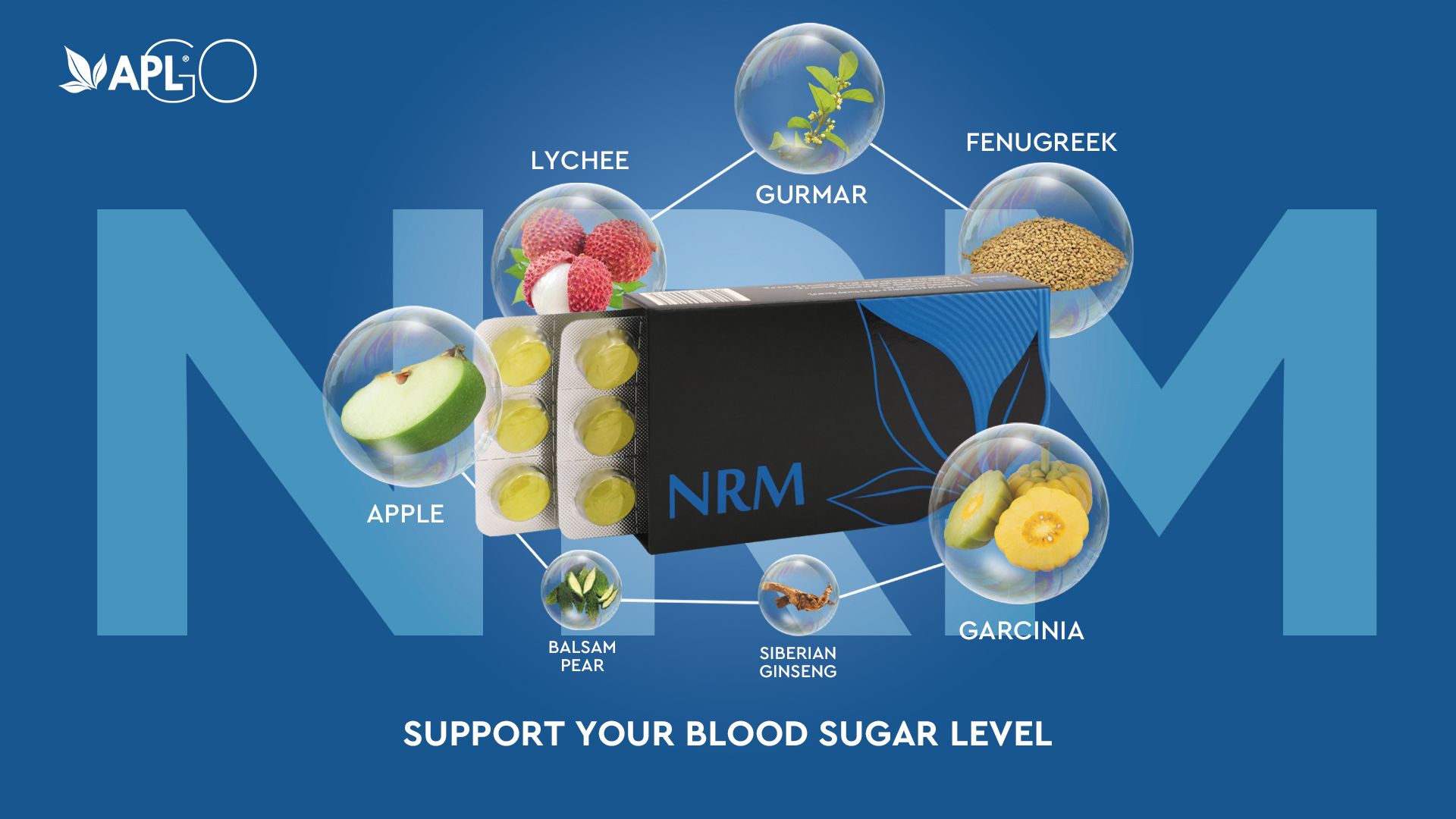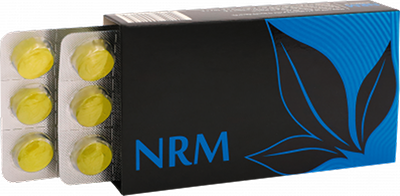
Managing Type 2 Diabetes through diet focuses on consuming nutrient-dense foods that help stabilize blood sugar levels, maintain a healthy weight, and prevent complications. It is about making informed food choices consistently rather than adhering to restrictive diets.
Prioritize Whole, Unprocessed Foods
Base your diet on whole foods that are minimally processed. This includes a wide variety of vegetables, fruits, whole grains, lean proteins, and healthy fats. These foods retain their natural fiber, vitamins, and minerals, which are crucial for overall health and blood sugar management. Avoid highly processed foods, sugary drinks, and refined carbohydrates, which can cause rapid spikes in blood glucose.
Understand Carbohydrates and Portion Control
Carbohydrates have the most significant impact on blood sugar. The goal is not to eliminate carbs but to choose the right types and manage portions. Opt for complex carbohydrates like whole grains (oats, brown rice, quinoa, whole-wheat bread), legumes (beans, lentils), and starchy vegetables (sweet potatoes). These are digested slowly, leading to a more gradual rise in blood sugar. Learn to identify appropriate portion sizes for carbohydrates to prevent overconsumption.
Incorporate Lean Proteins and Healthy Fats
Protein helps you feel full, supports muscle health, and has a minimal impact on blood sugar. Choose lean protein sources such as fish, poultry (skinless), eggs, low-fat dairy, beans, lentils, and nuts. Healthy fats, found in avocados, olive oil, nuts, and seeds, also contribute to satiety and can help slow down glucose absorption. They are vital for overall health and energy.
Embrace Fiber-Rich Foods
Dietary fiber is incredibly beneficial for people with Type 2 Diabetes. It helps slow down the absorption of sugar, which can prevent blood sugar spikes. Fiber also promotes digestive health and helps manage weight by increasing feelings of fullness. Excellent sources include vegetables, fruits (with skins), whole grains, legumes, and nuts.
Maintain Regular Meal Times
Eating at consistent times each day can help regulate blood sugar levels. Skipping meals or having erratic eating patterns can lead to unpredictable blood sugar fluctuations. Aim for three balanced meals, and if needed, small, healthy snacks between meals to keep blood sugar stable throughout the day.
Stay Hydrated with Water
Water is the best beverage choice. It helps the body function optimally and prevents dehydration. Avoid sugary drinks, fruit juices (even 100% juice can be high in sugar), and sweetened teas, as these can significantly raise blood sugar.
Mindful Eating and Monitoring
Practice mindful eating by paying attention to your body's hunger and fullness cues. Eat slowly and savor your food. Regularly monitor your blood sugar levels as advised by your healthcare provider to understand how different foods affect you. This personal insight is invaluable for fine-tuning your diet. Consulting with a registered dietitian or diabetes educator can provide personalized guidance and support for developing a sustainable eating plan.
ADVERTISEMENT

Fuel Your Healthy Lifestyle with NRM
Elevate your commitment to healthy eating by combining it with APLGO's delicious apple-flavored NRM lozenges. These powerful Acumullit SA® drops are designed to support overall vitality, improve metabolic balance, and maintain normal metabolic processes. NRM helps enhance energy levels, supports healthy insulin response, and assists in maintaining normal blood sugar levels, delivering essential nutrients directly and efficiently to complement your healthy choices.

Click for Table of Contents